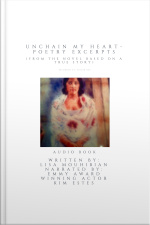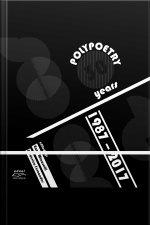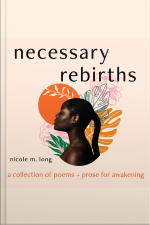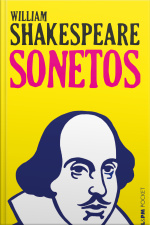EVOLVE is a photo-poetic prospectus suggesting Man's responsibility to shape social evolution away from the habits of the Information Age, tobetter communicate, to touch and be...
A classic work of literary criticism by D. H. Lawrence, the celebrated author of Lady Chatterley’s Lover, Sons and Lovers, The Rainbow and Women in Love. Lawrence reviews the...
Excerpted from the novel, Unchain My Heart - based on the inspiring true story of the songwriter who wrote the famous Ray Charles song. This piece takes you on an incredible...
This book aims to draw maps about Polypoetry manifestations around Europe and Americas. It gathers scholars and artists who dedicated their work for understanding the avant-garde...
In "Necessary Rebirths: A Collection of Poems and Prose for Awakening," poet and writer Nicole M. Long explores her journey through depression, anxiety, and all of life's...
AUTHOR'S NOTEThis e-book contains four of the twelve stories from A Espinha Dorsal da Memória, my collection which was awarded the "Prêmio Caminho de Ficção Científica" in...
tenderhead. is just that: tender. A full spectrumof emotion presented with all the love and care it deserves but so seldom receives. Thisbook blends pain, love, joy, and rage...
O leitor tem em mãos uma das raríssimas traduções completas para o português brasileiro dos 154 sonetos escritos por William Shakespeare, em uma edição bilíngue. Embora...
Kellan considers himself lucky to have an adequate existence on earth where, in the year 2044, common citizens toil under the oppressive thumb of a corrupt and unscrupulous...
This reverse harem comedy romance has it all! Five guys accidentally turn Tiffany Sheppard, celibate for three years, into an addict for dirty love. Witness the power of five as...











 Brasil
Brasil

